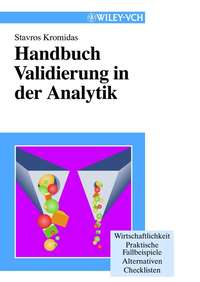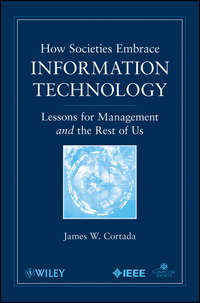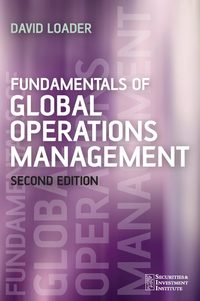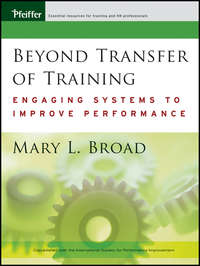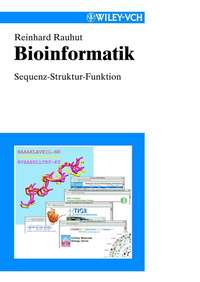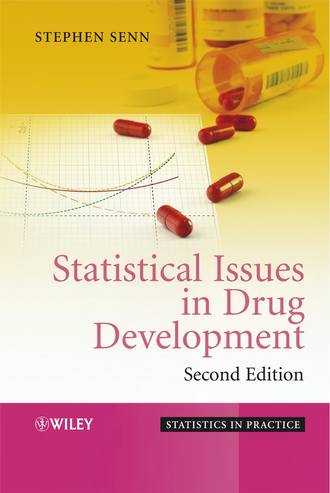
Полная версия
Statistical Issues in Drug Development
Drug development is the process of finding and producing therapeutically useful pharmaceuticals, turning them into safe and effective medicine, and producing reliable information regarding the appropriate dosage and dosing intervals. With regulatory authorities demanding increasingly higher standards in such developments, statistics has become an intrinsic and critical element in the design and conduct of drug development programmes. Statistical Issues in Drug Development presents an essential and thought provoking guide to the statistical issues and controversies involved in drug development. This highly readable second edition has been updated to include: Comprehensive coverage of the design and interpretation of clinical trials. Expanded sections on missing data, equivalence, meta-analysis and dose finding. An examination of both Bayesian and frequentist methods. A new chapter on pharmacogenomics and expanded coverage of pharmaco-epidemiology and pharmaco-economics. Coverage of the ICH guidelines, in particular ICH E9, Statistical Principles for Clinical Trials. It is hoped that the book will stimulate dialogue between statisticians and life scientists working within the pharmaceutical industry. The accessible and wide-ranging coverage make it essential reading for both statisticians and non-statisticians working in the pharmaceutical industry, regulatory bodies and medical research institutes. There is also much to benefit undergraduate and postgraduate students whose courses include a medical statistics component.




